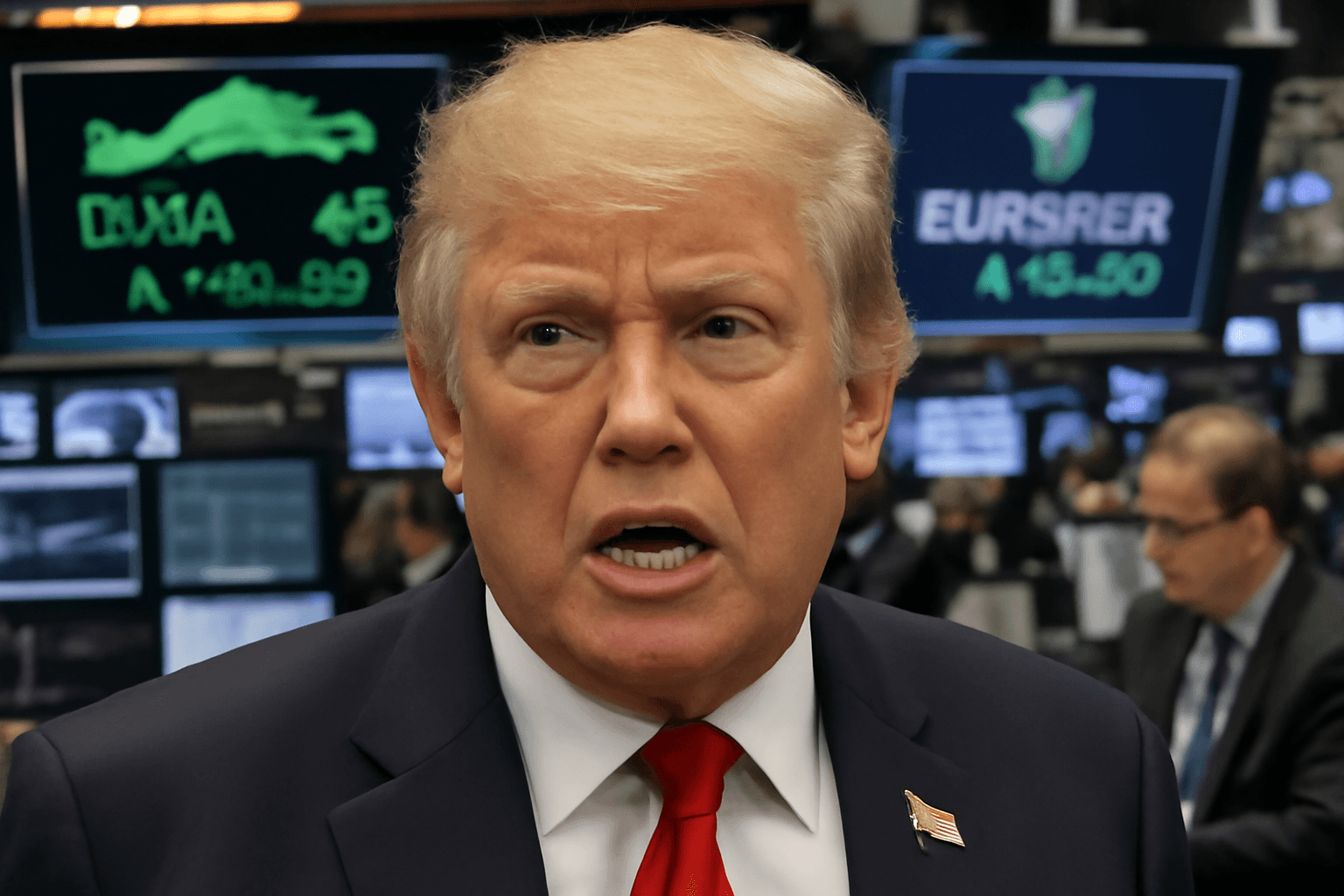Wall Street’s Most Overbought Stocks: What the RSI Indicator Reveals
This week on Wall Street, a handful of high-flying stocks caught the eye of investors and market watchers alike, sparking conversations about whether their recent rally is sustainable or due for a correction. Using the widely followed 14-day Relative Strength Index (RSI), a technical metric that flags potential overbought or oversold conditions, CNBC Pro identified some of the market’s hottest and coldest performers in the past week.
RSI Explained: A Key Tool for Gauging Market Momentum
The RSI, which ranges from 0 to 100, helps investors assess whether a stock might be overextended. Traditionally, a reading above 70 signals that a stock could be overbought and might face downward pressure soon, while an RSI below 30 suggests it is oversold and potentially poised for a rebound. This dynamic indicator combines price action and momentum to inform trading decisions and market forecasts.
Market Context: A Week of Mixed Signals for the S&P 500
The S&P 500 closed Friday only marginally changed, held back by investor concerns around escalating trade tensions after President Donald Trump reportedly proposed additional tariffs on the European Union. Despite this, the index managed a modest weekly gain of 0.6%, buoyed by encouraging economic data and strong earnings reports from blue-chip companies including Goldman Sachs and PepsiCo.
Nvidia: The AI Powerhouse at an RSI Peak of 80
Among the week’s most overbought stocks, Nvidia stood out with a robust RSI of 80. This reflects surging investor interest driven by the company hitting a new 52-week high and posting a more than 4% weekly gain. The lion’s share of this rally occurred on Tuesday, following Nvidia’s announcement that it will resume shipments of its high-performance H100 GPUs to China soon — a move signaling easing geopolitical supply chain concerns.
For investors, Nvidia represents the convergence of technological innovation and global trade dynamics, with artificial intelligence products fueling unprecedented growth. However, the steep RSI raises prudence flags for potential short-term correction after an intense run-up.
Citigroup: Banking on Volatility with 78.1 RSI
Financial heavyweight Citigroup also featured prominently among overbought names, registering an RSI of 78.1. The stock has surged nearly 8% this week, and impressively jumped more than 47% over the last three months. These gains followed stellar second-quarter earnings that beat expectations on both revenue and earnings per share. CEO Jane Fraser’s optimistic remarks about capitalizing on a volatile economic landscape underscored the bank’s forward-looking strategy.
Citigroup’s performance highlights the banking sector’s renewed vigor amid fluctuating markets, though its elevated RSI suggests caution as momentum may be reaching a saturation point.
Oversold Stocks: Waters Corporation and Zoetis Face Selling Pressure
Conversely, Waters Corporation, a specialist in analytical laboratory equipment, found itself on the oversold spectrum with an RSI of 26.2. The stock plummeted over 18% this week, marking an extension of recent losses summing to almost 29% in six months. The drop was attributed to a bold $17.5 billion acquisition of a bioscience and diagnostics arm spun off from Becton Dickinson, expected to close in early 2026. Investors appear uncertain about the deal’s immediate value and integration risks.
Additionally, Zoetis, a leading animal health company, slipped below an RSI of 30 to 27.7, following a more than 4% decline over the week. Analyst downgrades pointing to heightened competition and slowing momentum for its osteoarthritis drug Librela dampened enthusiasm. Nevertheless, the majority of analysts maintain confidence in Zoetis’s long-term prospects, with a strong buy rating prevailing among over two-thirds of the coverage.
What This Means for Investors
- Overbought stocks like Nvidia and Citigroup suggest traders should prepare for possible short-term pullbacks, especially as RSI readings approach or exceed 80.
- Oversold names such as Waters Corp and Zoetis potentially signal buying opportunities, though fundamental uncertainties warrant close monitoring.
- Market volatility, fueled by geopolitical tensions and macroeconomic shifts, will likely remain a defining feature – benefiting nimble investors who can capitalize on price swings.
Expert Insights and Market Implications
From a policy perspective, President Trump’s proposed tariffs underscore the continued risk of protectionist policies influencing market stability and corporate supply chains. For tech innovators like Nvidia, such geopolitical factors intertwine with international trade regulations, making supply chain agility crucial.
In the U.S. financial sector, Citi’s strong earnings amid volatility exemplify how banks are adapting to an uncertain economic landscape. CEO Fraser’s commentary about embracing volatility as a norm may become a new investment philosophy underpinning financial markets’ evolution post-pandemic and amidst geopolitical headwinds.
Meanwhile, sectors such as life sciences and animal health highlight how strategic corporate decisions, like Waters’ acquisition, can lead to immediate turbulence before longer-term gains materialize. This underscores the need for investors to balance technical signals with fundamental analysis.
Editor’s Note
As markets continue their dance between opportunity and risk, tools like the RSI provide helpful, albeit partial, insights into market psychology and momentum. However, investors must weave these signals with broader economic, geopolitical, and company-specific contexts. The stories behind the numbers – from Nvidia’s AI breakthrough and global supply chain strategy to Citigroup’s embrace of volatility – reveal the complex tapestry driving today’s market moves. Staying informed and cautious will be essential as we navigate what could be a turbulent path ahead.



















